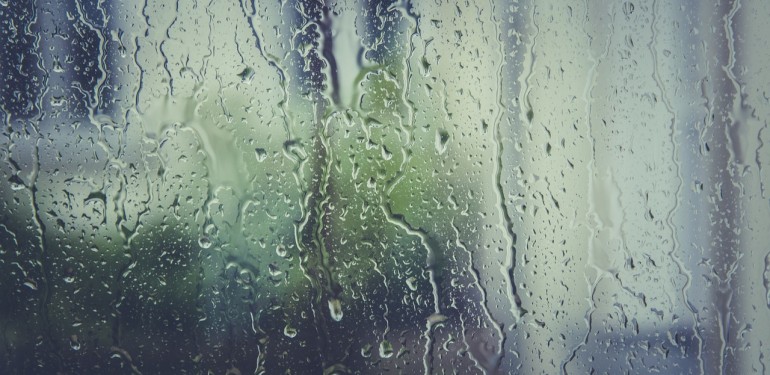
How to Reduce Condensation in Your Property
Dealing with condensation is nothing new to anyone living in Britain, especially at this time of year. But more than being a bit of a nuisance, condensation can present some serious problems for both our health and the residential and commercial buildings we occupy.
What are the signs that you have a condensation problem?
While water droplets running down the glass and pooling on your window ledge is the obvious example, there are other signs of condensation to look out for, including:
- Surfaces feeling wet to the touch
- Decaying timber around door and window frames or in the loft space
- Peeling paint and wallpaper or crumbling plaster
- Stains on the walls
- Black mould – often around windows, on walls or on soft furnishings
- Damp, musty smells
Kitchens, bathrooms, laundry rooms, machine rooms and poorly ventilated spaces are more prone to condensation – essentially, anywhere that excess moisture is able to build up.
What problems does condensation cause?
Property damage is the most obvious consequence of condensation problems. As well as the more cosmetic damage that may need to be repaired, like staining, peeling paint and rotten plasterboard, condensation can also affect the structure of your building. If moisture is trapped within the structure, it could cause rotting, swelling and corrosion of the building materials. Condensation can also reduce the efficiency of any insulation, which has obvious consequences in terms of saving energy.
In addition, a damp, moist, mouldy environment is not good for your physical health. Inhaling spores can lead to serious respiratory conditions. While mould around your windows is usually pretty obvious, bear in mind that there may be spores growing in damp patches that you can’t see. So, if you suspect you have a mould issue – get it sorted as soon as possible.
How can I reduce condensation in my property?
Think about ventilation: open your windows or put on an extractor fan after taking a shower, cooking, doing the laundry, having a big meeting where lots of people will be breathing in a small space or anything else that creates moisture. If it’s a nice day (we do have them sometimes) get the windows open and let fresh air circulate. Also ensure that appliances like the tumble drier, washing machine or commercial machinery are properly vented.
Replace old windows: cracked glass and no double glazing can male condensation problems worse, so check the condition of your windows.
Make sure your heating is up to scratch: a poorly heated building has more cold surfaces for condensation to form on, so try and keep an even temperature throughout your property.
Keep surfaces dry: if you make something wet, dry it off rather than waiting for the moisture to evaporate into the air.
Ensure external walls aren’t crowded with furniture or equipment: leaving a gap for air to circulate on external walls can help stop moisture build up, so try not to crowd walls with too much furniture or set any equipment away from the wall by a few inches.
Dry laundry outside: not always possible when you live in Britain, or don’t have an outside space, but drying your clothes outside is better for your property (and the environment). Just bear in mind that drying anything on the radiator will create moisture.
Use a dehumidifier: If you’re struggling to reduce moisture in the air, a dehumidifier can collect a surprising amount of water from the atmosphere and is worth using in very damp spaces.
Isolate the moisture: if you know you’re going to create some steam (taking a shower or boiling some veg) close the door to keep the moist air from circulating around the property. It’s a lot easier to ventilate a single room when you’ve finished.
Commercial property maintenance and repairs
Our building maintenance and repair team are on hand to help if you have condensation damage or any other problems with the upkeep of your commercial property. With over 30 years of experience in making sure our customers’ properties are maintained to the highest standards, you can trust us to get the job done.
If you have any questions about Groom property maintenance services, please get in touch with our team. We cover the areas surrounding the M4 corridor from West and South Wales, the West Country, Southern England and London and the South East.